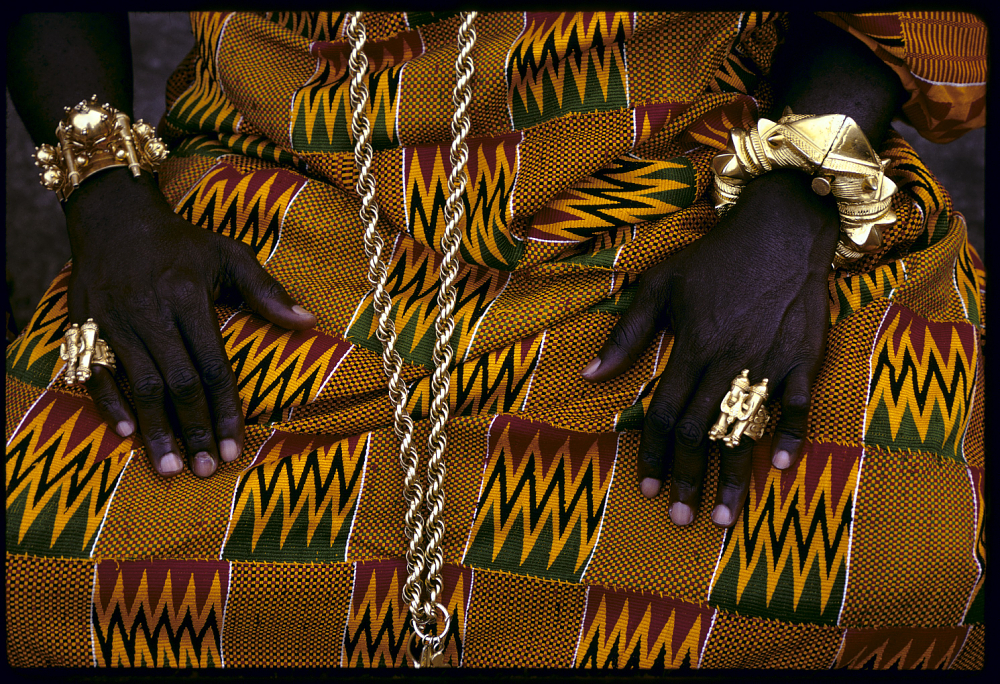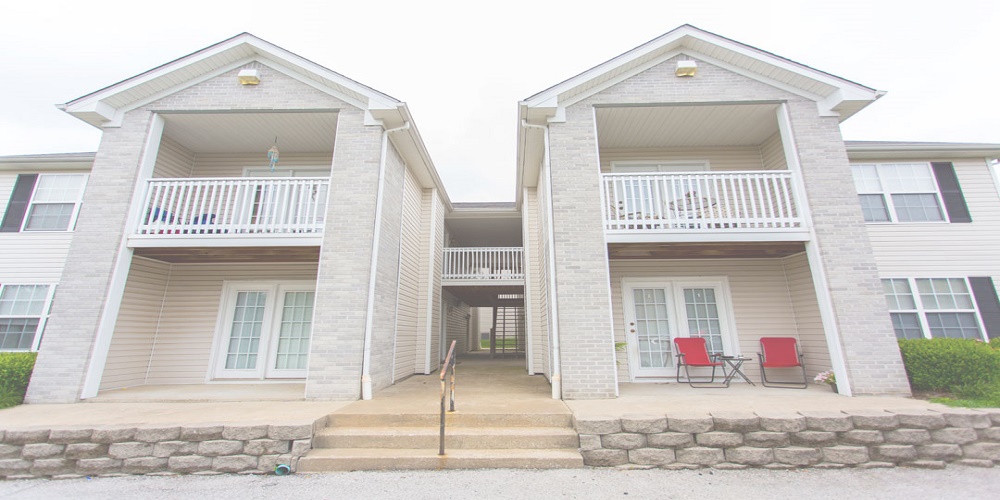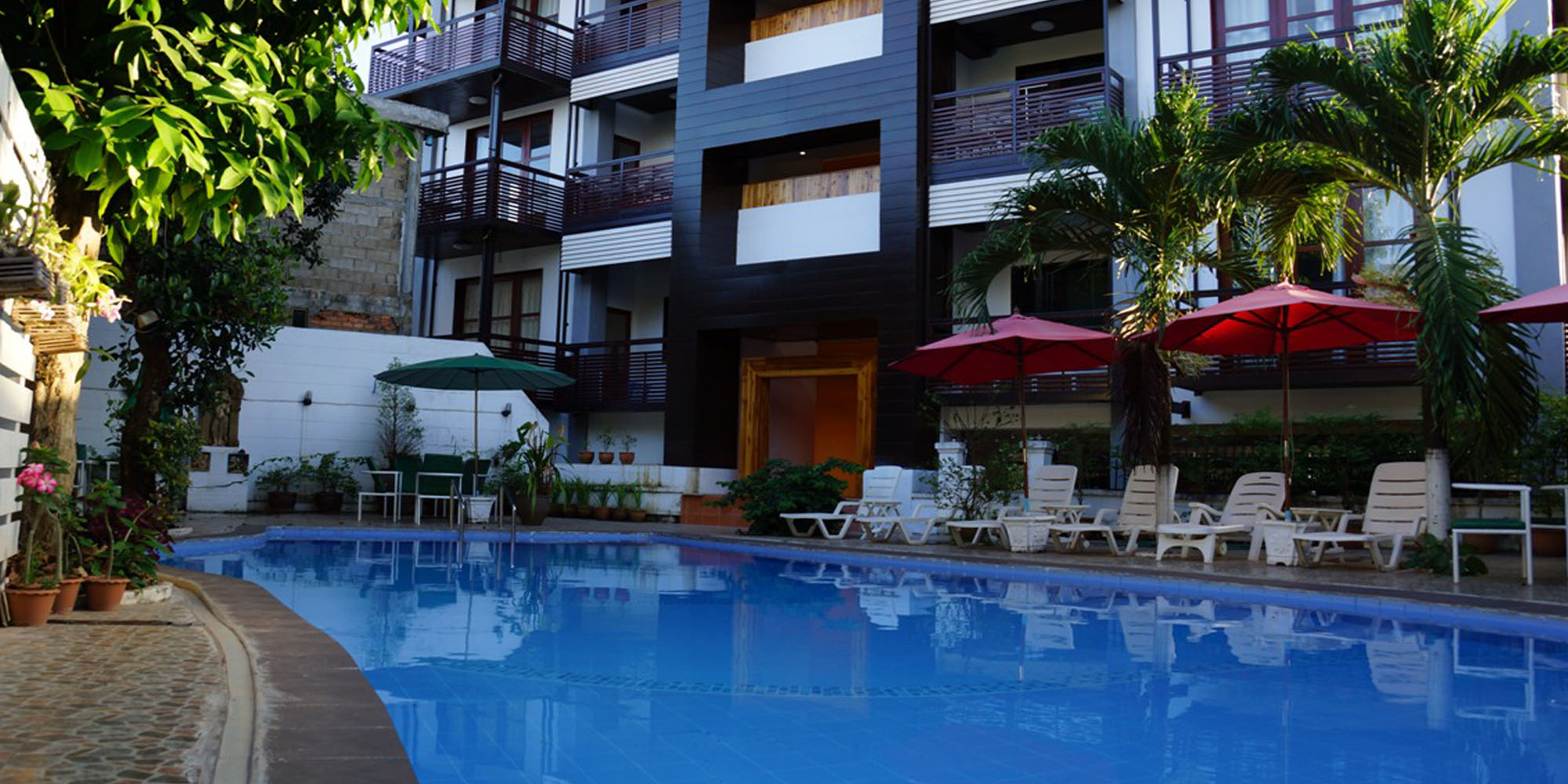Land is an important asset and helps define the socio-cultural uniqueness of every tribe, clan and ethnic group. Therefore the ancestors of all societies and communities fought and shed their blood to secure land for the future generation. In Ghana to safeguard lands, our ancestors established the Chieftaincy Institution to be the custodian of our ancestral and community lands, culture, customary laws...
The importance of housing cannot be overemphasized. With socio-economic benefits attributed to individuals and a country as a whole, housing has become an integral component for many developed economies. In Ghana, demand is one of the leading price determinants of the search of a house. Accra can be recorded as one of the highest demand of the search of a house. With this most land owners had started...
Housing finance whether public, corporate or end-user has various levels of accessibility to Ghanaians. The government, in national, regional and local forms, has sought to strengthen domestic revenue mobilisation to sustain infrastructure investments, including those for housing. Beyond this supply-driven residential development initiative, the government, through the Ministry for Water Resources, Works...
Ghana has a growing housing finance sector. As the mortgage market does not yet meet the breadth of the population who might afford a mortgage, most households still finance their housing independently, with savings or non-mortgage credit. The lowest recorded interest rate on a mortgage in Ghana is 29 percent, and requires at least a 20 percent down payment. The cheapest newly built house by a developer...
Despite Ghana’s remarkable progress in its financial development, macroeconomic and financial sector issues combined with market inefficiencies persist. Since the country’s independence in 1957, the Ghanaian financial sector has developed substantially from two banking institutions. As of 2016, the West African country has 33 licensed banks, 564 licensed microfinance institutions (MFIs), 64 nonbank...




